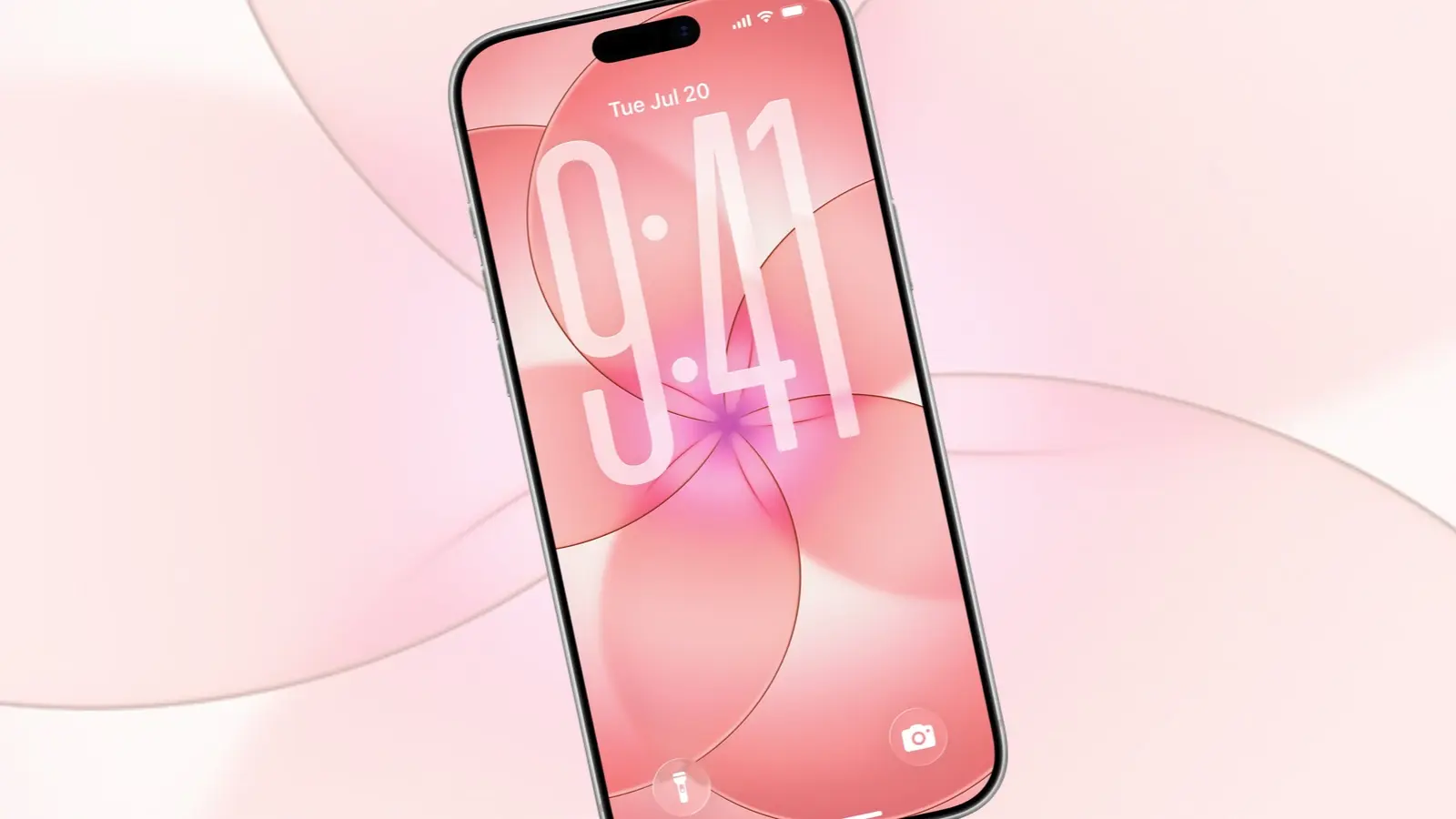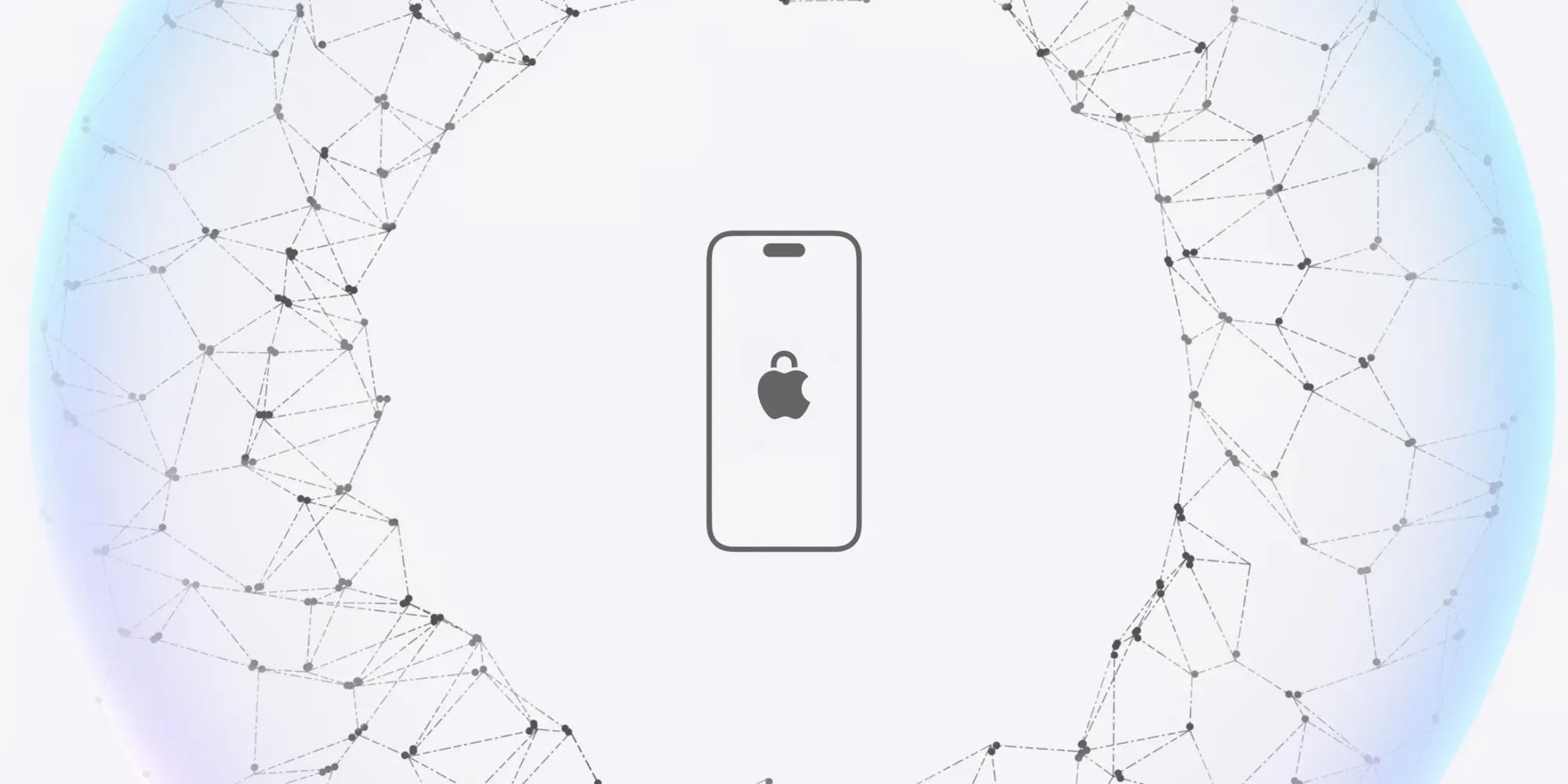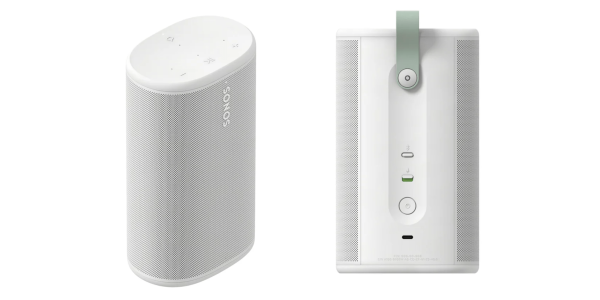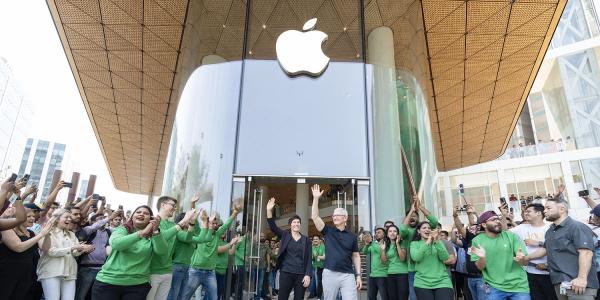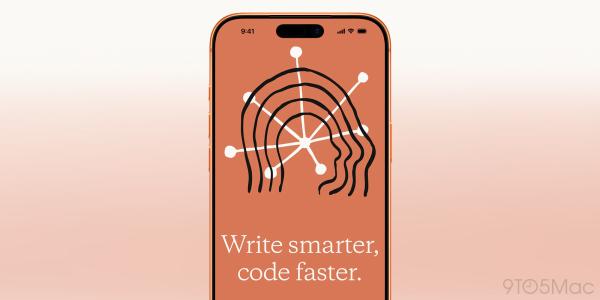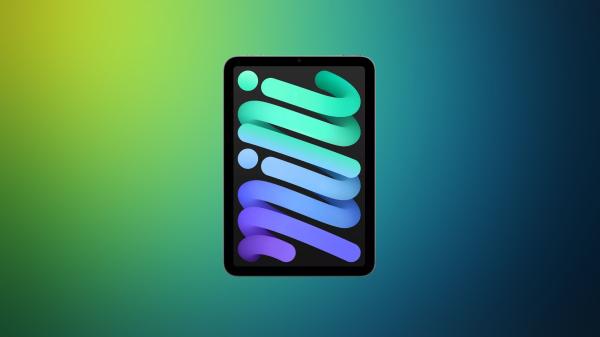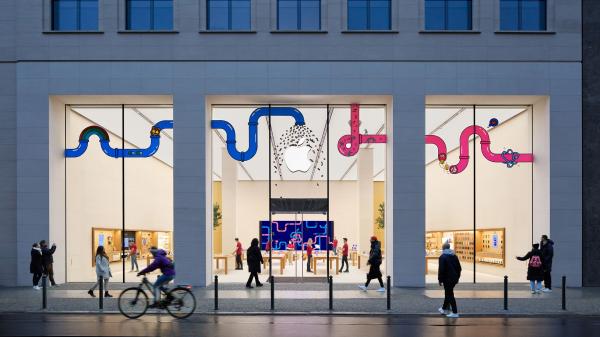In the data-driven age, privacy and security are crucial. Increasingly, strong security is becoming a selling point for smartphones and tablets. So, with this in mind, let's take a look at some of the recent developments in smartphone security.
QRNG Chips
Random number generation (RNG) essentially digitises the aspect of luck that you'd get from rolling a dice. For this reason, they are often used in the online casino industry. When players try a platform like Paddy Power's Online Casino they will find authentic casino games that utilise RNGs to mimic the randomness players would get from spinning a wheel, choosing a card, or pulling a lever on a slot machine. With this in mind, RNGs ensure fairness due to their unpredictability and lack of predetermination.
That said, in some applications, even more randomness is required - particularly for security. Instead of using algorithms such as traditional RNGs, these systems often use quantum RNGs (QRNGs). QRNGs utilise the innate multiplicity and duality of quantum mechanics, increasing the increments of randomness for more sensitive data.
Due to using a physical source of entropy, QRNGs have typically been quite large. Recently, however, QRNG chips have been achieved that can be embedded into smartphone technologies. Danish start-up Alea Quantum Technologies is just one of the firms devising such QRNG chips, which support encryption of 4 GB/s. In an iPhone, for example, these QRNG chips use the digital chatter between electric components as one of its sources of entropy. QRNG chips have already begun to be rolled out in Samsung devices, but mainly in Asia. However, this European push towards inbuilt QRNG chips could lead to this being more common in the West.
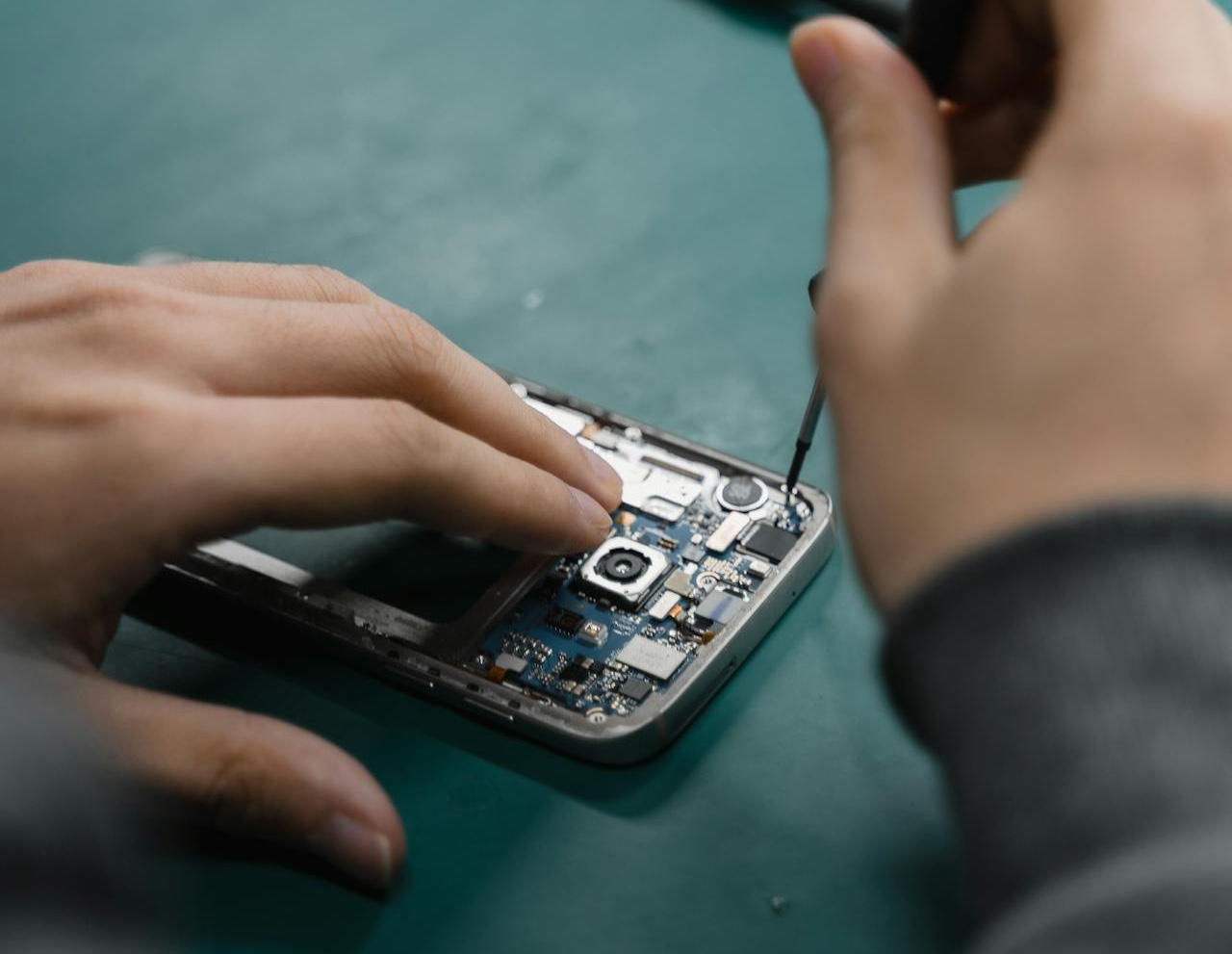
Cloud-Based 'Black Box'
Artificial intelligence (AI) has generated a lot of buzz over the past few years, with many technology giants jumping foot-first into the AI craze. Samsung, for example, is currently using it as one of its key selling points, with AI-based translation assistant the key to their TV and online advertising campaign - the tagline "You and AI. As one".
Apple, on the other hand, has been quite late to the party. But, in their eyes, for good reason - security. Put simply, Apple has been reluctant to roll out AI in their devices until they have created a comprehensive AI strategy. However, a report by The Information via TechRadar has shed light on the anticipated Apple AI systems.
iCloud uses a combination of in-transit, on-server, and end-to-end encryption depending on user-selected privacy settings. To bolster this security, Apple hopes to breathe new life into the Secure Enclave technology. This will isolate sensitive data, ensuring that such data is kept in a "black box" on the cloud, rather than being decrypted and re-encrypted during processing.

Final Thoughts
As you can see, both QRNG chips and cloud-based black box processing could be revolutionary for the privacy and security of our devices. This is particularly fruitful when we look at the strides that more intrusive technologies have made, such as the 'always listening' digital assistants, data gathering for machine learning, and malicious software.
Whilst it could be far off before we see QRNG chips rolled out into mainstream smartphones, and AI processing in Apple's offering, the emergence and rapidly gaining popularity could signal the next generation for smartphone security.



